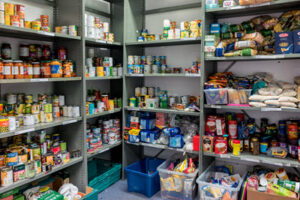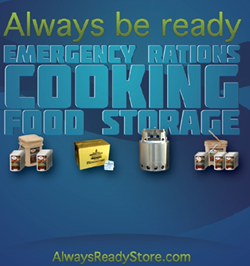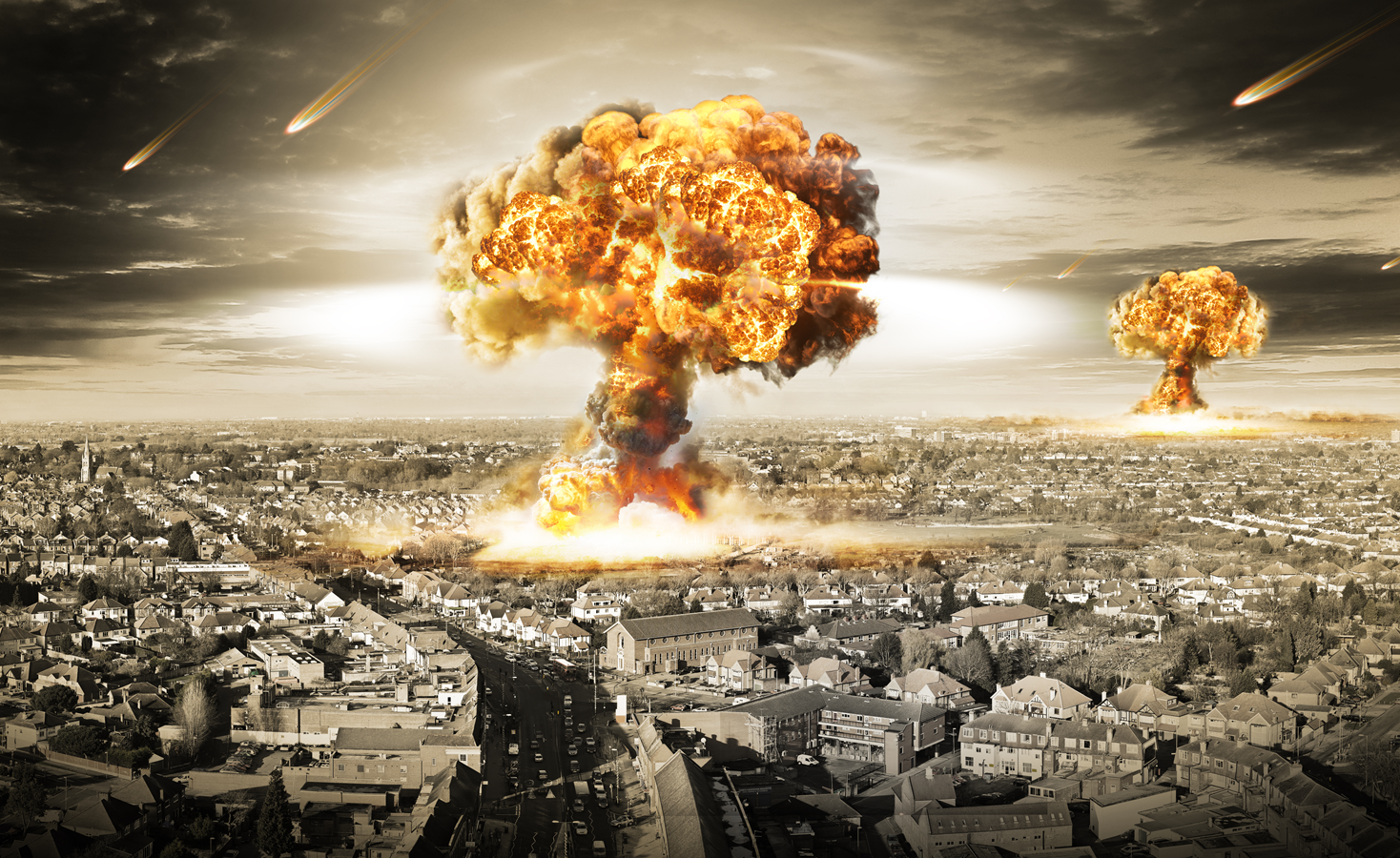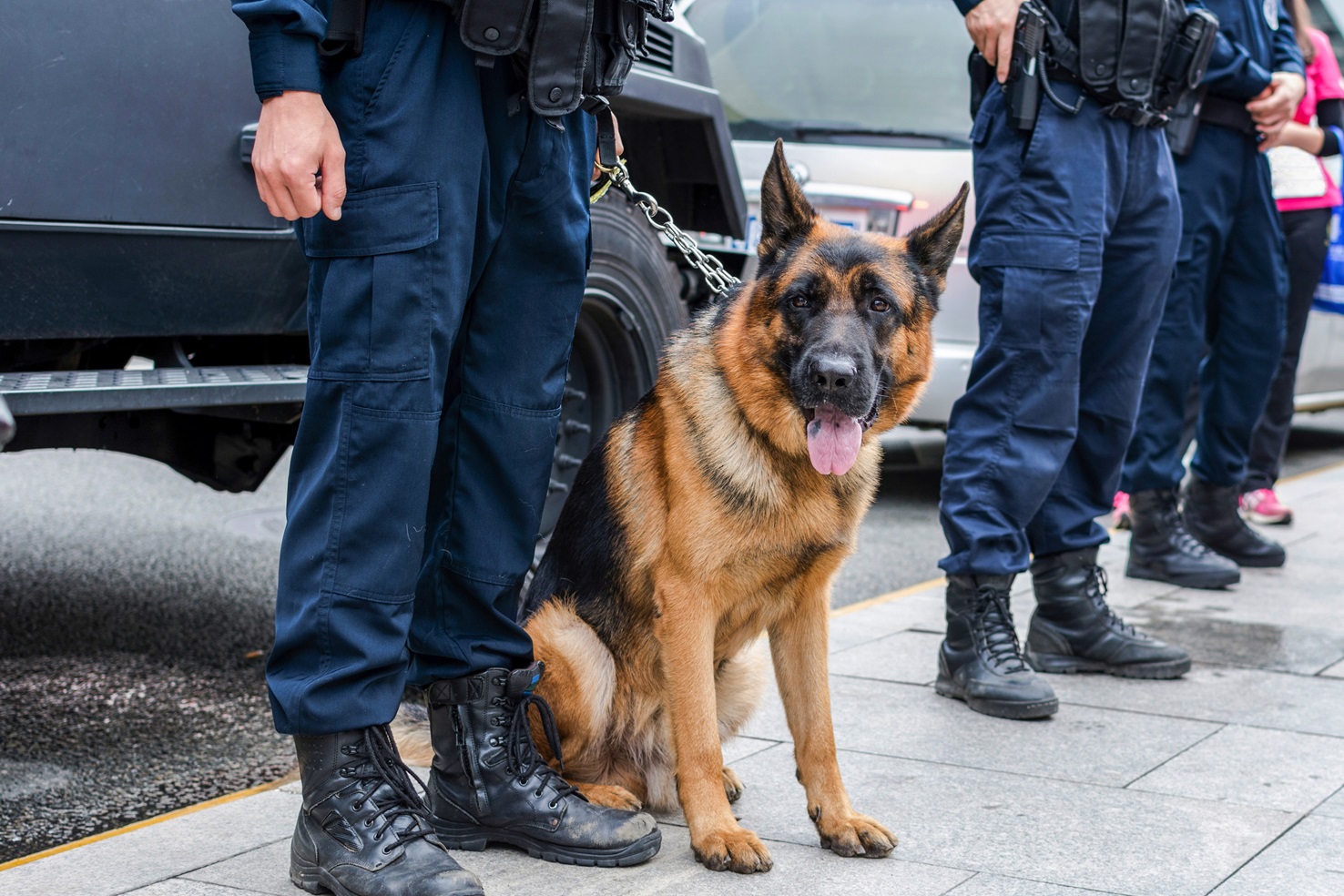The prospect of stockpiling food can sound a bit overwhelming — however, it’s one of the primary steps in emergency and disaster preparedness planning that is often overlooked. We often take for granted that we can rush out to the grocery store and purchase anything we need. During the recent pandemic, we experienced the reality that shelves were empty and in many cases the store was closed due to quarantines.
So, it’s important to have supplies on hand for emergencies and unknown disasters. Being prepared for an emergency means being able to provide food for your family when other resources are not available. While many people have food storage to get them through a few says, it’s important to rotate older supplies and do regular inventory checks to make sure you have what you need on hand.
Here are five compelling reasons to re-stock your preparedness food supplies.
 Reason 1: Food Insecurity
Reason 1: Food Insecurity
Food insecurity is an increasing problem for many people in both developed and developing countries. In the US, of the 40 million people who rely on food stamps, the majority are families with children and elderly members living alone. In 2019, the US Department of Agriculture (USDA) reported that 1 in 7 people are food insecure, which means they don’t have reliable access to adequate amounts of affordable, nutritious food. When an emergency or disaster strikes, these individuals are at an even greater risk of food insecurity.
Reason 2: Natural Disasters
Natural disasters can create devastating circumstances for families and communities. Often these events result in power and communication outages, store closures, and limited access to food, making it more difficult for families to receive necessary supplies including food. Additionally, unless you live in an area that experiences frequent natural disasters, it is likely you won’t have established emergency plans in place, making it more difficult to cope with the impacts of the event.
Reason 3: Emergencies and Disruptions of Services
The disruption of services due to a pandemic, a hurricane, or an ice storm can be made even worse when grocery stores are closed or running limited services. Furthermore, supply chains can be disrupted making it difficult to receive food or other supplies as quickly as expected. With your food stockpiles in place, you can help to minimize disruptions to your family’s daily routine.
Reason 4: Financial Disruptions
Financial disruptions can severely affect your ability to purchase food and other necessities on a recurring basis. A job loss, reduced hours, or other economic hardships can be especially devastating if you don’t have supplies stored away to help you get through the tough times. Preparing ahead of time can be the difference between running out of food and having enough to get through the difficult period.
Reason 5: Increased Prices
In some areas, the cost of food is already rising as a result of supply chain disruptions. In other areas, local producers and farmers have seen their production abilities decrease, making the cost of locally grown food more expensive. Additionally, food prices can greatly vary from region to region, so it’s important to stock up while prices are low in case they increase later.
Conclusion
These are just a few of the reasons why having a stockpile of preparedness food is important. Planning ahead and taking the necessary steps to ensure your family is prepared can be a huge relief during an emergency or disaster. With the right supplies and preparations in place, you can help to ensure your family’s safety and wellbeing during such events.








0 Comments